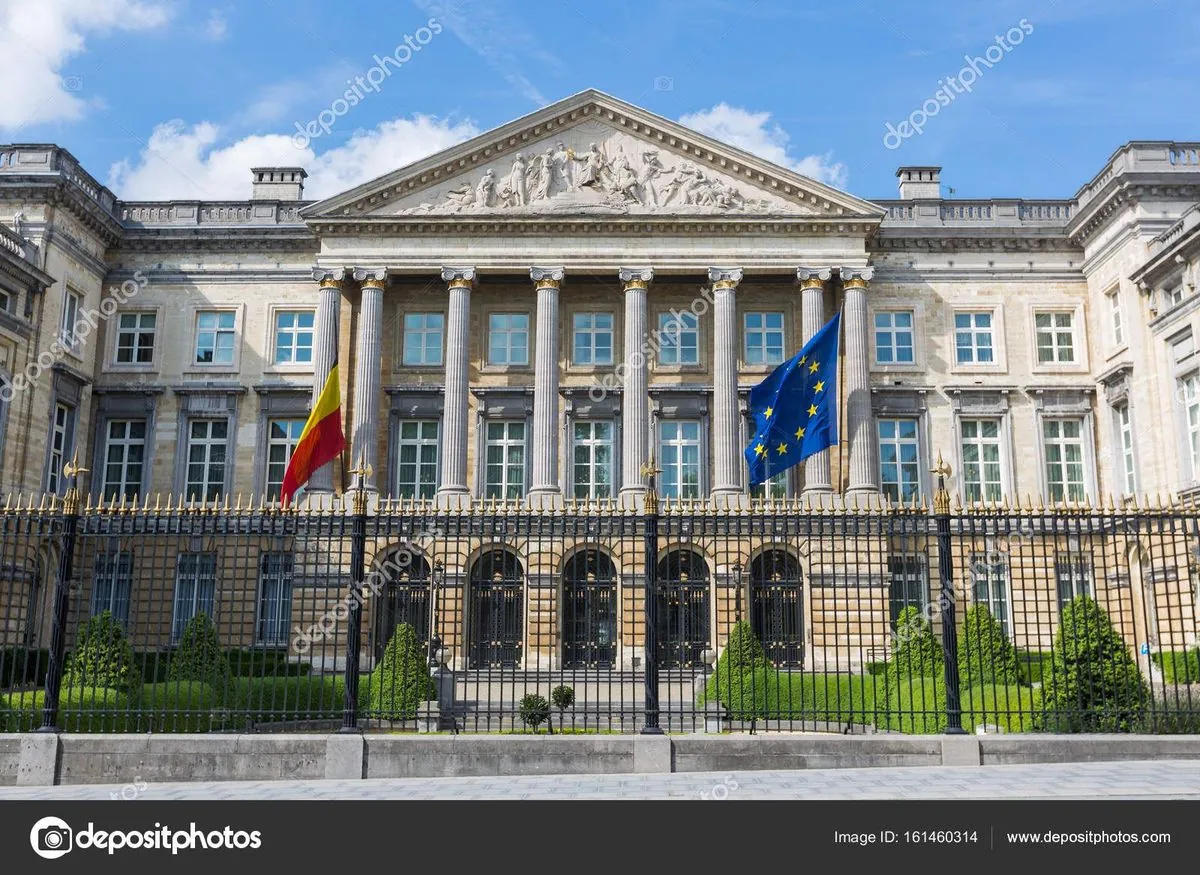Belgian Coalition Talks Falter as Lead Negotiator Steps Down
Bart De Wever resigns from leading Belgian coalition negotiations, prompting royal intervention. Talks stalled over tax reforms and budget concerns, leaving the caretaker government in place.

In a significant development for Belgium's political landscape, Bart De Wever, the leader of the Flemish nationalist N-VA party, has stepped down from his role in leading coalition talks. This move comes two months after the country's June 2024 election, highlighting the challenges in forming a new government in Belgium's complex political system.
The Belgian Royal Palace confirmed De Wever's resignation on August 22, 2024, stating that King Philippe had accepted it and would begin consultations with the chairmen of the five parties involved in the negotiations the following day. This intervention by the monarch underscores the importance of the situation, as Belgium faces pressing economic and political challenges.
De Wever's proposed coalition included his own N-VA party, the Francophone liberal MR, Flemish Christian Democrat CD&V, Flemish socialist Vooruit, and Francophone centrist Les Engages. This combination was seen as one of the few options capable of securing a solid majority in Belgium's 150-seat national parliament.
The talks centered on a comprehensive package of social-economic reforms, including changes to the labor market, pensions, and taxation, as well as necessary spending cuts. However, negotiations hit a roadblock over the MR's opposition to a proposed capital gains tax, according to party spokespersons.

Belgium's political situation is further complicated by its need to address budget deficit issues. The country is one of seven EU member states for which the European Commission has proposed disciplinary measures due to excessive deficits. This financial pressure adds urgency to the formation of a new government capable of implementing necessary reforms.
Sammy Mahdi, president of the CD&V party, expressed disappointment at the turn of events, stating on social media, "We laboured for weeks on the major reforms this country needs...we had an opportunity to put together an ambitious government. This is sour, and the centre is not to blame, we do not give up."
While coalition talks continue, the government of outgoing Prime Minister Alexander De Croo remains in a caretaker capacity. De Croo's Flemish liberal party experienced a significant decline in the June election, reflecting the shifting political landscape in Belgium.
Belgium's political complexity is rooted in its federal structure, divided into three regions: Flanders, Wallonia, and Brussels-Capital. The country's linguistic and cultural diversity, with Dutch, French, and German as official languages, often contributes to prolonged periods of negotiation in government formation.
The current situation is not unprecedented for Belgium, which has previously experienced extended periods without a formal government due to political deadlocks. The country's proportional representation system and the need to balance regional and linguistic interests often result in complex coalition-building processes.
As negotiations continue, Belgium faces the challenge of addressing its high public debt-to-GDP ratio while maintaining its strong tradition of social dialogue and collective bargaining. The outcome of these talks will be crucial for the country's ability to implement necessary reforms and maintain its position as a key player in European politics, particularly given its role as host to major EU and NATO institutions.
"We laboured for weeks on the major reforms this country needs...we had an opportunity to put together an ambitious government. This is sour, and the centre is not to blame, we do not give up."
The coming days will be critical as King Philippe consults with party leaders to find a path forward in forming a stable and effective government for Belgium's 11.5 million citizens.


































